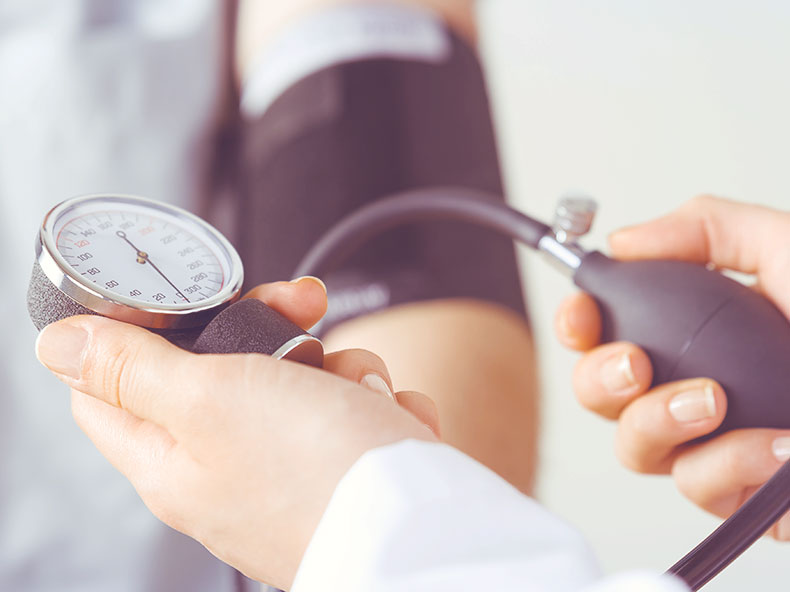Know Your Numbers Week
12th September 2018
12th September 2018

Know your Numbers is Blood Pressure UK’s flagship awareness campaign that takes place from 10th to 16th September 2018.
It encourages adults across the UK to know their blood pressure numbers and take the necessary action to reach and maintain a healthy blood pressure.
Since its launch in 2001, Know your Numbers Week has ensured more than 1.5million people have had their blood pressure checked so that they know their blood pressure numbers in the same way as their height and weight. Its success was recognised at The Charity Awards 2008 when Know your Numbers Week won the healthcare category. Know your Numbers Week involves hundreds of nationwide organisations signing up to provide free blood pressure tests and information at venues known as Pressure Stations.
Pressure Stations are located throughout the community including pharmacies, workplaces, GP surgeries, hospitals, health clubs, leisure centres, shopping centres and supermarkets.
This year, Blood Pressure UK are asking: “Do you know your risks of high blood pressure numbers?” High blood pressure generally has no symptoms, which is why it is referred to as the silent killer. The only way to find out if you have it, is to test it. Therefore, in 2018, Blood Pressure UK are asking people to get their levels checked. It’s easy, free and simple and can prevent you from being at risk of a stroke or heart disease.
There are various factors that can raise your risk of developing high blood pressure. These include:
Age: The risk of developing high blood pressure increases as you get older.
History: A family history of high blood pressure.
Origin: Being African or Caribbean in origin.
Salt: Eating too much salt.
By limiting salt in meals, you can minimise the risk of high blood pressure. Salt increases blood pressure so, the more salt you eat, the higher your levels. You should aim to eat less than a teaspoon of salt per day.

Diet: Eating unhealthy foods.
Eating a low-fat diet that includes lots of fibre will also help. Fruits, vegetables, wholegrain rice, wholegrain bread and wholegrain pasta can all contribute to lower blood pressure. It is advised to eat five portions of fruits and vegetables each day.
Exercise: Not enough physical activity.
By taking regular exercise you can lose weight, get heart healthy and lower your blood pressure. Adults should do at least 150 minutes of moderate aerobic activity every week. This can include fast walking, cycling or other outdoor pursuits.
Weight: Being overweight or obese.
Being overweight means your heart needs to work harder to pump blood around the body, which can raise blood pressure. If you need to lose some weight, losing just a few pounds can make a big difference to your blood pressure and overall health.
Alcohol: Consuming too much alcohol.
By consuming above the recommended limit of alcohol, your blood pressure can raise over time. Men and women are advised not to drink more than 14 units per week and to spread drinking over three days or more if you drink as much as 14 units a week. Alcohol is also high in calories, which can make you gain weight and further increase blood pressure.

Smoking
While smoking doesn’t directly cause high blood pressure, it does put you at higher risk of a heart attack or stroke. Smoking causes arteries to narrow, increasing your likelihood of heart or lung disease.
Lack of Sleep: Long-term sleep deprivation can contribute.
Long-term sleep deprivation is associated with higher blood pressure. It’s a good idea to get at least six hours of sleep per night.
Taking medicines and drugs can also increase blood pressure. These include:
You can head to the following venues in Tunbridge Wells to have your blood pressure tested for free this week:
Tunbridge Wells Tourist Information Centre
Tunbridge Wells Golf Club
Tunbridge Wells Museum & Art Gallery
Tunbridge Wells Station
Find out more about free blood pressure testing during Know Your Numbers Week.